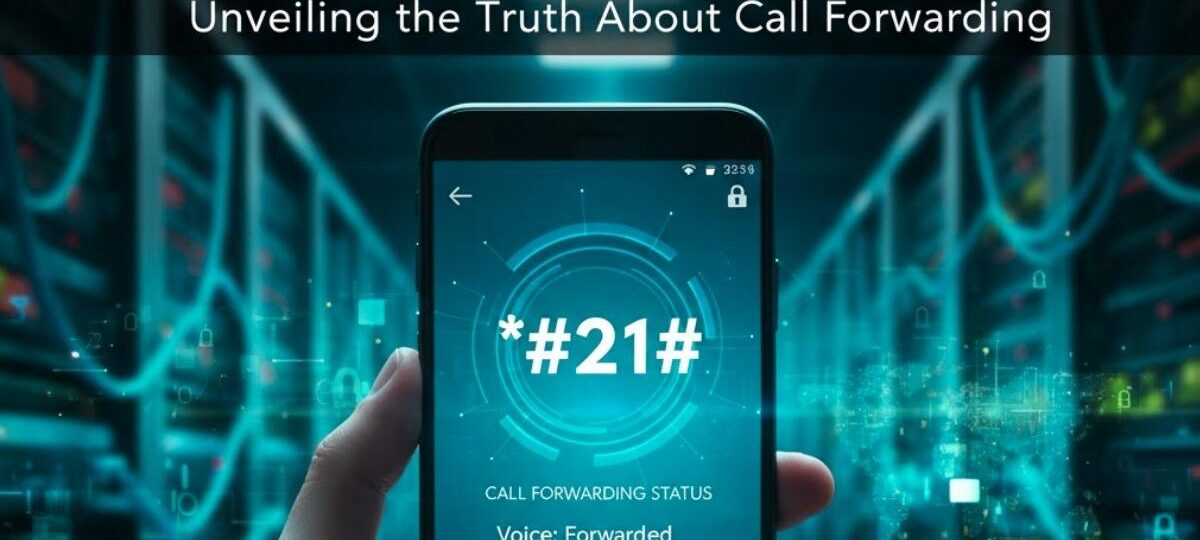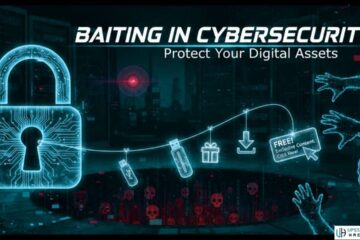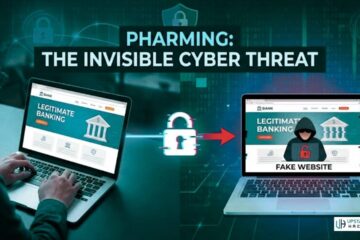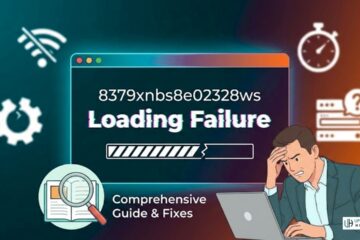Is *#21 a hack? This question echoes through digital forums as cybersecurity becomes increasingly vital in our interconnected world. Understanding the nuances of various codes is crucial for both tech professionals and everyday users alike. This mysterious code, frequently discussed in technology circles, raises questions about whether it functions as a legitimate utility or represents a potential security concern that could be exploited.
This comprehensive article aims to unravel the true nature of *#21, offering readers a clear understanding of its intended purpose and practical implications. Join us as we navigate through the technical landscape of this code, providing clarity on whether it represents a genuine security threat or simply remains a misunderstood technological tool.
What Happens If You Dial *#21?
Dialing *#21# instructs your device to display any unconditional call forwarding settings. This code, commonly misunderstood as a sign of hacking, actually provides a quick update on call management features. When the code is dialed, your phone reveals whether any forwarding rules are active, offering peace of mind regarding your device’s security. It’s essential to know that dialing *#21# is not a hack but simply a method to verify call settings, ensuring that your communications remain private and secure.
The Claim: Dialing This Secret Code Will Show If Someone Is Monitoring Your Phone Calls
Contrary to popular belief, dialing #21 will not reveal if someone is monitoring your phone calls. Instead, this code checks the status of call forwarding on your device—a feature that directs incoming calls to another number. While misconceptions suggest this technique functions as a “hack” for detecting surveillance, it is merely a diagnostic tool for forwarding settings. To understand the true purpose of the #21 code, one must recognize that it doesn’t disclose if a phone is tapped but helps manage call redirection.
Does *#21 Really Tell You If Your Phone Is Hacked?
The *#21# code does not directly reveal if your phone is hacked. Instead, it checks whether any call forwarding settings are activated, which might hint at unwanted interference. Dialing this code unveils if your voice calls, data, or SMS are forwarded to other numbers—an avenue potentially exploited by hackers. While *#21# won’t confirm a hack, it identifies forwardings that should be investigated further, especially if they are unauthorized or unexpected. Thus, while considering whether “is *#21 a hack” a reality or myth, understand it’s a useful tool for monitoring call forwarding settings.
What Is an Interrogation Code?
Interrogation codes are special numeric sequences dialed on mobile devices, serving as gateways to hidden settings and network details. Using these sequences, often star and hash combinations like *#21#, users reveal untouched features through their device’s menu options. Interrogation codes, like the famed 3001#12345#, activate data-rich environments, showing signal statistics or call configurations. If you wonder whether #21 is a hack, using it helps manage features like call forwarding and checks for anomalies, ensuring you’re informed and in control of your device’s capabilities.
Can You Tell If Your Phone Is Being Monitored?
Identifying Signs of Monitoring
Detecting whether your phone is being monitored can be challenging but is not impossible. Various telltale signs could hint at unauthorized surveillance. Rapid battery drain is a common indicator, as spyware often runs continuously, consuming significant battery power. Frequent overheating of your device despite limited use can signal malware activity.
Monitoring Data Usage
Monitoring your data usage can also provide clues. Unexplained spikes in data consumption may point to unauthorized applications operating in the background. Similarly, the presence of unfamiliar apps and unexpected popup ads could indicate a breach.
Taking Action
If you suspect your phone is being monitored, using codes like *#21 to check for call forwarding can provide immediate insights into potential call diversions. Additionally, conducting a security audit by deleting suspicious apps and resetting passwords can help reclaim control.
USSD Code To Check If Phone Is Hacked
USSD codes are a series of numbers accompanied by symbols, empowering users with the ability to extract specific technical information about their devices. Amid concerns about phone security breaches, utilizing codes like *#21# has gained prominence. This particular code helps users determine if there is unconditional call forwarding activated on their device.
To ensure your phone’s integrity, regularly checking for such vulnerabilities through USSD codes can provide significant peace of mind, safeguarding against potential hacking threats.
FAQs
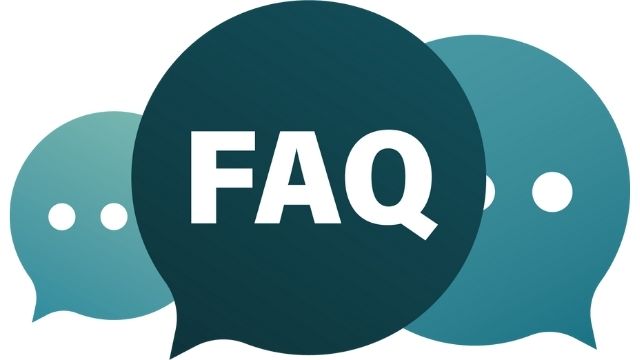
What is *#21?
*#21 is a USSD code frequently associated with checking call forwarding settings on mobile devices. Though rumors circulate online, it is not a hacking tool. Instead, it’s a system command that helps users understand their call configuration status.
Is *#21 a Hack or Safe?
*Is #21 a hack? Absolutely not. It’s a feature provided by most cellular networks to let users monitor the status of their phone calls and ensure that personal information remains secure and uncompromised.
Conclusion
In delving into the intricacies of whether *#21 constitutes a hack, you have gained a comprehensive understanding of both the legitimate uses and potential misconceptions surrounding this code. As you navigate the digital landscape, it is crucial to remain informed and vigilant, distinguishing between functionality and vulnerability.
By arming yourself with knowledge, you empower yourself to make informed decisions about your personal data security. Remember, while technology offers immense convenience, it also requires a discerning eye to ensure that your privacy remains safeguarded. Continue to explore and question, as your awareness is your strongest ally in the ever-evolving realm of technology.
See Also: Cloud Call Center Solution: A Software That Will Cover Your Business Needs Ultimately

